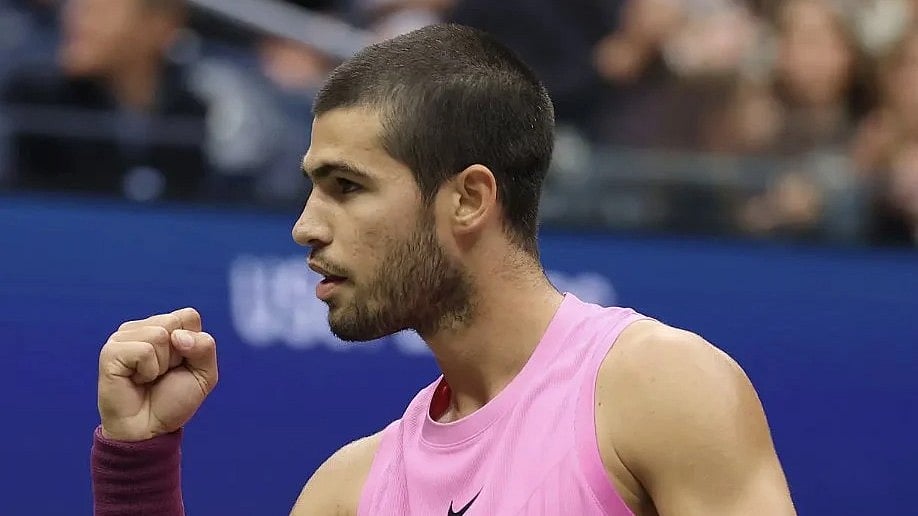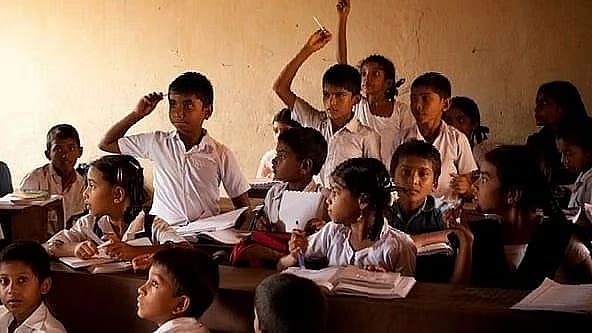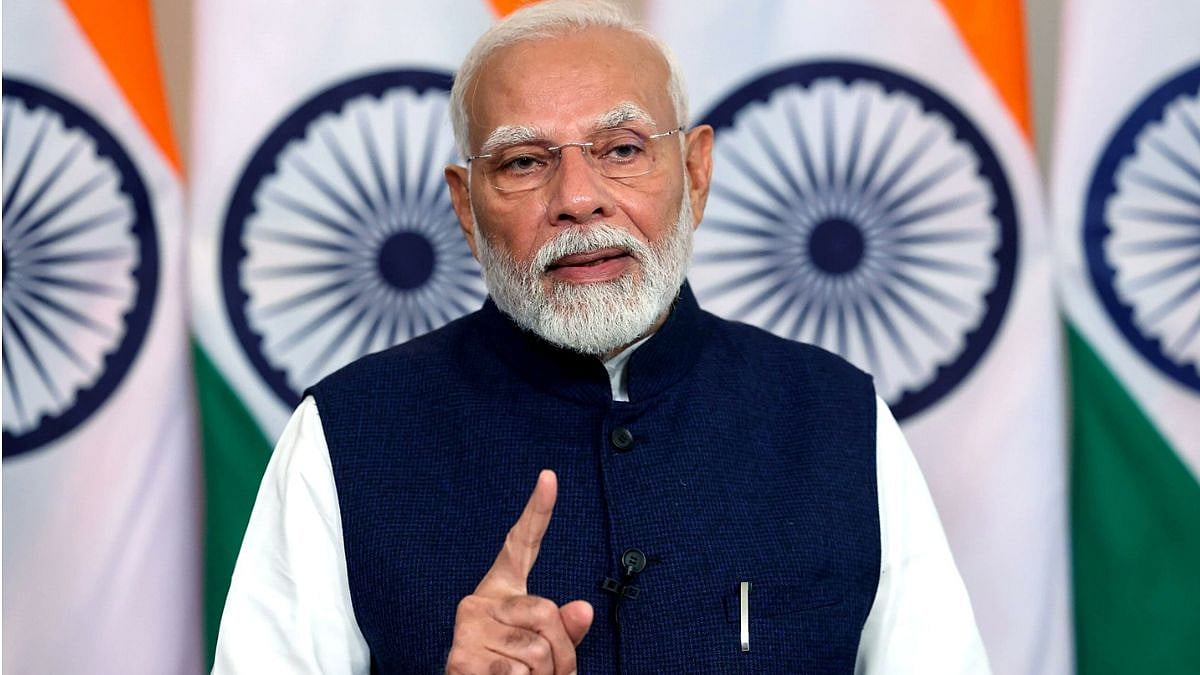There is little doubt that in her zeal to be wilfully outrageous, the 19-year-old Amulya Leona Noronha seriously embarrassed most of the anti-Citizenship (Amendment) Act fraternity when she chanted ‘Pakistan zindabad’ from the podium at a protest rally in Bengaluru. Certainly, the alacrity with which the stalwarts of the protest, including AIMIM leader Asaduddin Owaisi, snatched the mike from her indicated the panic.
The disorientation of the anti-CAA lobby is understandable. Since December 13 last year when the protests began, the Muslim community — which has been in the forefront of the anti-Narendra Modi stir — has been at pains to demonstrate that their opposition to the changes in the Citizenship Act is grounded in their status as patriotic Indians. The national flag, the Constitution and photographs of both Mahatma Gandhi and Babasaheb Ambedkar have been generously used in the rallies and extended dharnas. The national anthem too has been lustily sung on innumerable occasions. Under the circumstances, the teenager’s invocation of Pakistan — whatever may have been its convoluted underlying logic — was clearly outside a set narrative.
Amulya’s zindabad to Pakistan also came within a day of AIMIM national spokesperson Waris Pathan’s boast that 15 crore of Muslims have the ability to make 100 crore others tremble — a threat that most people will undeniably view as both menacing and sinister. Add to this earlier utterances by different protestors espousing either a form of sectarian separatism or praising Mohammed Ali Jinnah and it is possible to understand why many people detect a hidden agenda behind the anti-CAA protests.
Arguably, such a conclusion may be unfair. The stalwarts of the anti-CAA have been at pains to link their protests to an exalted ‘idea of India’. Someone like Owaisi has sought to reinvent himself and detach his organisation from the inheritance of the Razakars who fought against Hyderabad’s integration into India in 1947-48. The more political of the Muslim clerics who were earlier associated with the Ayodhya stir and the opposition to changes in Muslim personal laws have carefully kept away from the front benches of the anti-CAA protests. Indeed, there has been a conscious attempt to project the stir as something that goes well beyond the Muslim community. The Christian clergy in particular and liberal Indians, not to mention radical students, have quite deliberately been visible in the protests. Some of the attempts to make the movement appear broad-based and non-sectarian have worked and the foreign media has been impressed.
However, some doubts persist. These have less to do with what Muslim politicians may or may not have said and more to do with the universal negativism of India’s self-professed liberals. Beginning with expressing imaginary and often contrived doubts over the motives behind questions that have been framed for the National Population Register and extending to criticism over the economic policy that assumes India is doomed to mediocrity, the liberals have lost all sense of national pride. Their attacks on the Modi government have become so utterly visceral that they no longer believe that there is space for bipartisanship. The net consequence is that India appears far more polarised than it actually is.
The criticism of the CAA presents one example. As the Shaheen Bagh-type movements involving Muslim women have gathered momentum, mainstream political parties have calibrated their criticism. Today, parties such as the Congress are no longer in favour of a blanket denunciation of fast-tracking citizenship to minorities from three neighbouring Muslim countries. They implicitly acknowledge the need to tie up the loose ends of Partition. What the mainstream critics are now seeking is an extension of the amnesty to cover Ahmediyas from Pakistan and including Rohingya Muslims from Myanmar in the list of persecuted minorities. While the case of the Ahmediyas — declared to be non-Muslims in Pakistan — is interesting, it is also notional. The fact is that no Ahmediya has actually applied for sanctuary in India. If Ahmediyas are to be included, the government may as well extend the fast track scheme to Yezdis from Syria and Iraq. No Yezdis has, to my knowledge, applied for asylum in India.
The case of the Rohingyas is more complicated. Some Rohingyas — estimated at anything near a lakh — have already sneaked into India. Their presence has aroused fierce antipathy in both Assam and the North-east but also in West Bengal. Unlike the Hindu and Buddhist refugees from Bangladesh who have merged in effortlessly into India’s civic society, the Rohingyas stand out and create local tensions. This is recognised by the Congress and the Communist parties. Yet these parties are quite brazen in demanding their inclusion because it fits a narrative of Muslim exclusion.
The Kashmir issue is another case in point. That the fallout of the abrogation of Article 370 would present a challenge to the government was never in doubt. Some tough action — which would be unwarranted in normal circumstances — was also inevitable. This was also the case in the mid-1990s when the Congress was in power. Yet, an attempt has been made to link the attempts to restore normalcy in the Kashmir Valley with some imaginary targeting of Muslims. The Opposition has tried and may have made Kashmir a Muslim issue.
Particularly irksome is the attempt by the Opposition to invite foreign criticism of India. This is not only deplorable but suggests an attempt to increase communal polarisation in India — in the hope that this will eventually backfire on Modi. It may but it could also harden nationalist resolve.
The writer is a senior journalist and Member of Parliament, being a presidential nominee to the Rajya Sabha.











